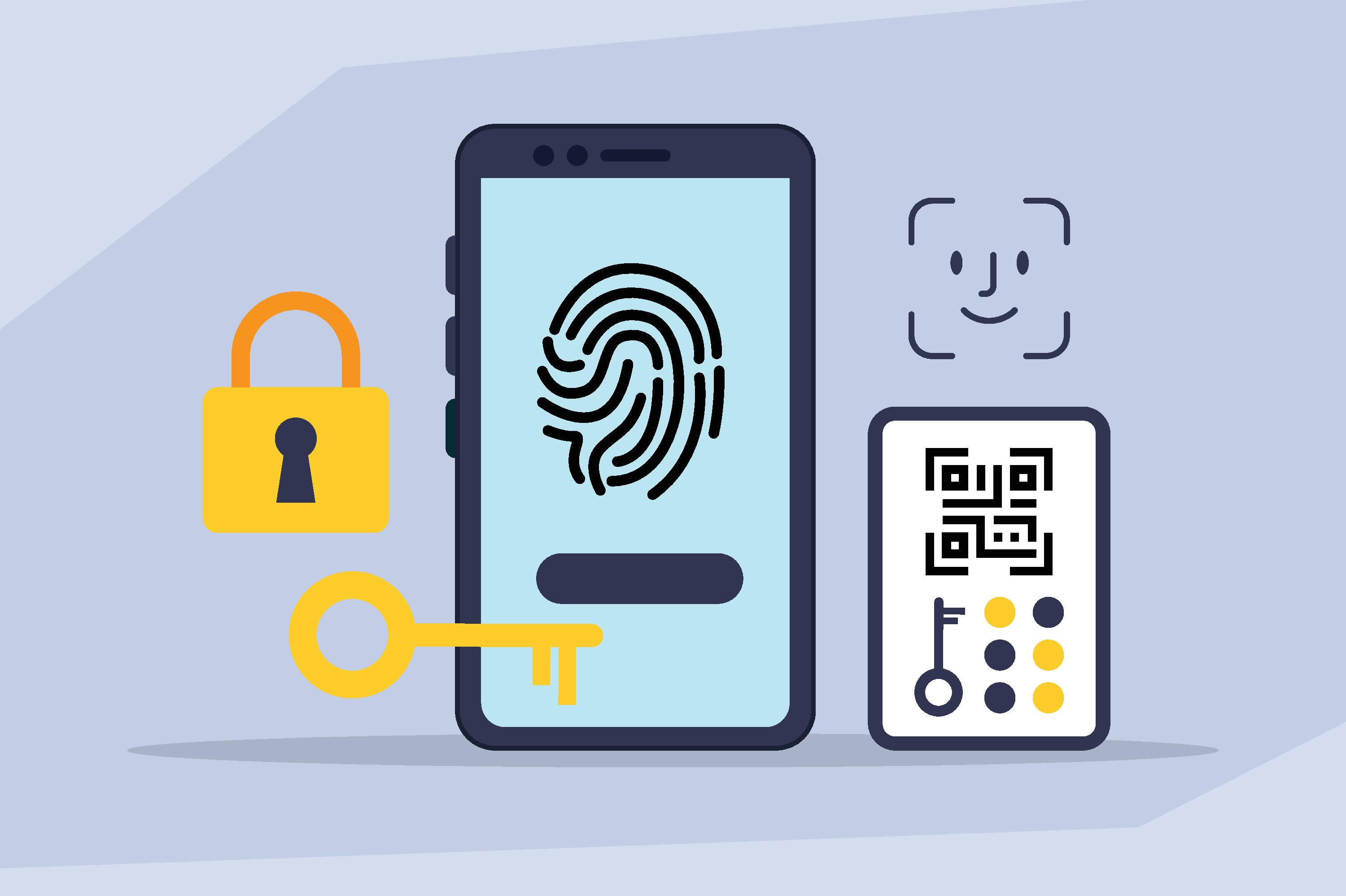Chatbots in PFM and Banking: From Apps to Personal Bot Assistants


With the rising bar of customer expectations, the need for faster, safer, and highly personalized solutions in personal finance management grows beyond measure. PFM platforms were born to satisfy the need for sophisticated budget planning and tracking tools. PFM apps made it easy for users to keep up with their expenses and track data across multiple sources like banks accounts, payment cards, etc.
However, as with everything in the tech and finance world, PFM solutions are evolving, and recently spotlighted chatbots may play an essential role. Given that live chat has the highest satisfaction levels for any customer service channel with 73%, compared to 61% for email and 44% for phone, a personal assistant that is one message away has the potential to be the most favored way of accessing data on personal finances and additional information on financial products.
In addition, Gartner predicts that by 2020, customers will manage 85% of their relationship with the enterprise without interacting with a human – truly a great prerequisite to start thinking about bot implementation now.
Some companies are already taking advantage of bots in finances, offering the next generation of personal finance management through messaging. Personal finance bot Trim, for example, which just recently raised $2 million, helps users manage subscriptions, set up spending alerts, and check bank balances, as TC reports. But there is no app, only a bot that can be linked to SMS or Facebook.
Another interesting example is MyKAI by Kasisto, a banking bot that is meant to provide a simpler way of managing money, tracking expenses, and even making payments – all from within a messaging app of users’ choice (Facebook Messenger, SMS, or Slack).
There are also forward-thinking financial institutions eager to try out AI-powered bots in assisting customers. DBS, for example, is reported to be working on embedding its chat-happy banking app in outside messaging services like WhatsApp and WeChat.
Chatbots, however, are not limited to simple daily tasks. AJ Bell, an online investment platform & stockbroker services provider, is looking to allow investors to trade through Facebook’s Messenger service, as it aims to broaden its appeal to millennials.
There are and will be more examples of chatbot applications in banking and personal finance management as chatbots have significant benefits if built with superior natural language processing and machine learning capabilities.
The benefits of chatbot assistants for financial institutions
Not only do chatbots have the potential to replace ‘traditional’ PFM platforms, but they are also believed to carry significant advantages for banks as a replacement for human assistants. Reduced costs and cross-selling opportunities are among the benefits for financial institutions that would come with implementing AI-powered assistants.
As BI reports, bots are cheaper and faster to build than apps. Moreover, they enable more flexibility than other mobile customer service options because bots can interpret and respond to plain text and voice questions. Those capabilities could make bots a viable alternative to call centers, significantly cutting operational costs. Estimations brought up by the source suggest that while the average cost of a customer transaction via phone is around $2.50, the same stat for a digital transaction (online or on mobile) is only around $0.17.
In addition to lower development costs, supporting a new functionality on Facebook Messenger, for example, costs less than supporting a Web or mobile interface.
Given the capability of chatbots to provide highly tailored information and understand a particular user’s financial needs and habits, the cross-selling of relevant products can be a successful use case of the technology. However, the end result will depend on the opportunity for the customer to redeem the offer directly from the chat seamlessly.
It is worth mentioning that chatbots may become an effective automation tool. A wide range of banking services can be automated, substantially cutting the costs and making banking operations more efficient. With NLP and ML capabilities, chatbots will very soon be as effective (or even better) in customer engagement, and query handling as a human assistant would be.
To learn about Prove’s identity solutions and how to accelerate revenue while mitigating fraud, schedule a demo today.

Keep reading
 Read the article: Prove Launches ProveX℠, the Internet’s First Digital Trust Exchange
Read the article: Prove Launches ProveX℠, the Internet’s First Digital Trust ExchangeProve launches ProveX, ProveX, a new digital trust exchange that enables enterprises to instantly access verified data and credentials from partners, while preserving trust through every interaction
 Read the article: Beyond the OTP: Why SMS-Based 2FA Is Failing and What Comes Next
Read the article: Beyond the OTP: Why SMS-Based 2FA Is Failing and What Comes NextExplore the classic conflict between security measures and user friction.
 Read the article: Anatomy of an Account Takeover Attack: Analysis and Response Plan
Read the article: Anatomy of an Account Takeover Attack: Analysis and Response PlanLearn practical strategies for handling identity verification API errors or no-match responses. Explore fallback methods and clear communication tactics to ensure a smooth, user-friendly experience.












